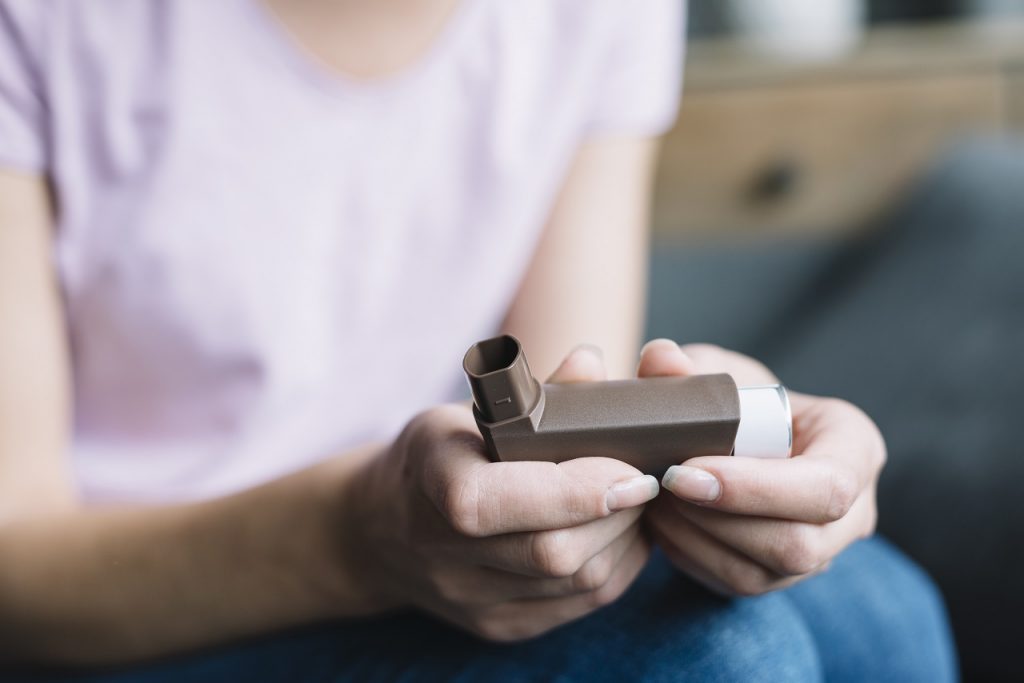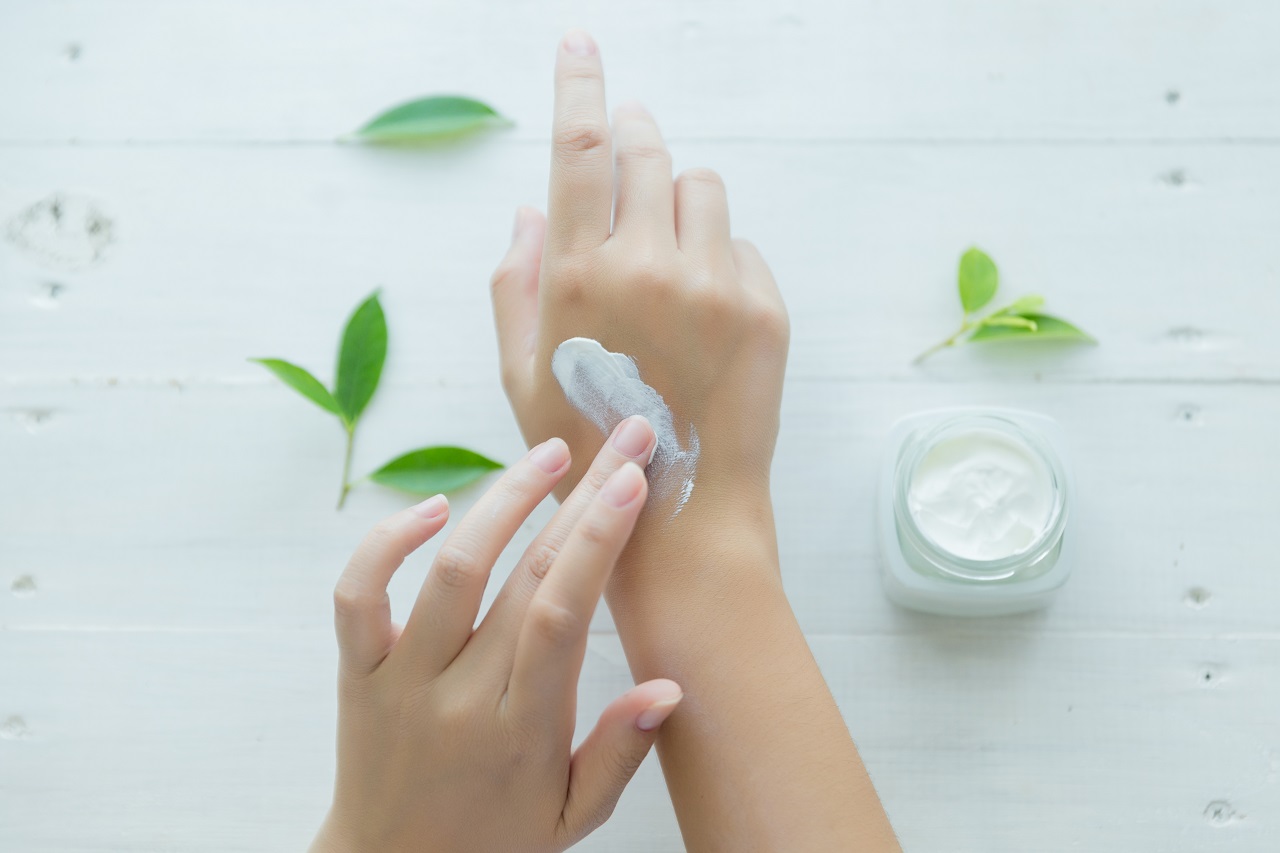 A new year has begun and with it, it’s once again time to make new resolutions. We’re sure a lot of you have already penned down your New Year resolutions. But what are these new year resolutions? More often than not, they are promises we make to ourselves or near and dear ones to kick one bad habit and imbibe a good change for a better future.
A new year has begun and with it, it’s once again time to make new resolutions. We’re sure a lot of you have already penned down your New Year resolutions. But what are these new year resolutions? More often than not, they are promises we make to ourselves or near and dear ones to kick one bad habit and imbibe a good change for a better future.
New Year Resolutions Could Be:
- Weight loss
- Get fit and regular exercise
- Eating healthy
- Joining a yoga class
- Giving up smoking
- Quitting excessive alcohol consumption
- Playing a sport
Largely, I have noticed that most resolutions are around health and lifestyle. What is difficult, though, is sticking to the resolution made. It’s not easy to keep the enthusiasm going week after week, especially when you have never played a sport or been active in the past. It’s not easy to maintain the same motivation levels throughout the year. Discipline is hard to come by. Most people don’t feel motivated enough and give up within a few days. It takes focus, planning and determination to stick to resolutions made. It takes the same amount of time to change a particular habit.
Tips To Stick To Your New Year Resolutions
Golden Rule: Make your goal achievable and do not aim for goals that are too difficult to achieve
- Once you have decided on your achievable resolution, write it down. Writing it down makes a greater connection between your thinking self and doing self. This makes the resolution more real than when it is only in your head.
- Change one behaviour at a time. Replacing unhealthy behaviours with healthier ones requires time.
- Fitness cannot be your short-term goal.
- If you want to eat junk food, think about the benefits you will derive from it. It’s the same as thinking before making any financial investments. Occasionally, you can include a piece of Pizza or a burger but not daily.
- If you are looking to reduce 20 kg, then achieve the target by reducing 2-3 kg a month. It is not practical to lose 20 kg in 2 months because it took years to accumulate all that fat and it will only go away slowly.
- If you want to quit smoking and you are smoking 20 sticks a day, then reduce it gradually. You cannot stop immediately because it will take some time for your body and mind to adapt to the change.
- If you intend to start working out, doing yoga or any other activity in the morning, then begin with 3 days a week instead of 7 days a week.
- For working out, most have the issue of waking up early. Try to start at a time comfortable to you. If you wake up daily at 8 am but plan to start working out at 5 am, then it will seldom happen because your circadian system will take time to adjust. Instead, try to wake up at 7 am, which is practical, and you will continue for a long time.
- Be positive while thinking about your achievable goal. Instead of saying, “I cannot do something,” say “I feel much better doing this.”
- Always tell your near and dear ones about your resolution and seek their support to successfully achieve your goal.
- Review your progress and reward yourself for the first target achieved
Lastly, do not wait for anything. Every day is a new day. Start working on your resolution immediately. As the saying goes, “Whatever you want to do tomorrow, do it today and whatever you want to do today, do it now!”
Go ahead and work on your New Year Resolutions. If you have already penned them down and want the right guidance and motivation, reach out to an expert by subscribing to GOQii’s Personalised Health Coaching here.
#BeTheForce of 2025!
 Winter is a little tough for most of us to deal with but for people suffering from asthma, it can be more challenging. When out, the cold air
Winter is a little tough for most of us to deal with but for people suffering from asthma, it can be more challenging. When out, the cold air  It’s precisely between this week and January 1st when people tend to put on most of their weight. There are two reasons for this – The crazy festive season filled with weddings and parties followed by Christmas, New Year’s Eve and the tendency to let loose during this time, with the justification that they’ll start fresh with ‘healthy new year resolutions’ in January.
It’s precisely between this week and January 1st when people tend to put on most of their weight. There are two reasons for this – The crazy festive season filled with weddings and parties followed by Christmas, New Year’s Eve and the tendency to let loose during this time, with the justification that they’ll start fresh with ‘healthy new year resolutions’ in January. Nobody likes it when their skin feels and looks tight, dry and flaky. But, winter creates these problems for the skin. Cold air, harsh winds and pumped-up indoor heat can increase facial tissue sensitivity and leave the skin dry. But don’t worry! We have some tips to keep your skin healthy this winter!
Nobody likes it when their skin feels and looks tight, dry and flaky. But, winter creates these problems for the skin. Cold air, harsh winds and pumped-up indoor heat can increase facial tissue sensitivity and leave the skin dry. But don’t worry! We have some tips to keep your skin healthy this winter!


